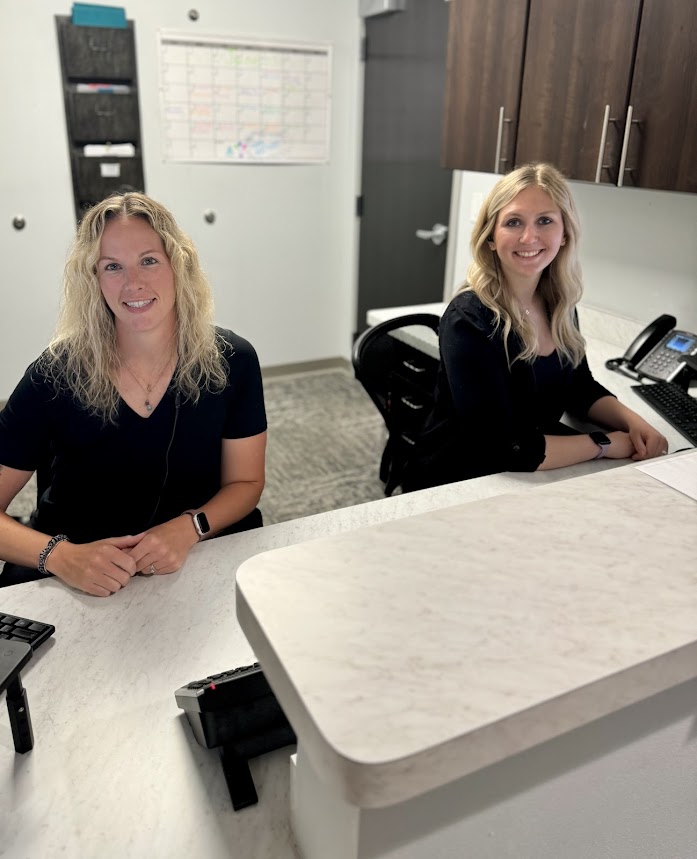
What to Do in a Dental Emergency
When a dental emergency strikes, it's crucial to know what actions to take. This blog post will provide you with the necessary knowledge and steps to handle various dental emergencies, ensuring you're prepared when the unexpected happens.
Recognizing a Dental Emergency
Firstly, it's important to understand what constitutes a dental emergency. These can range from severe toothaches to knocked-out teeth. It's essential to take any discomfort or abnormal occurrence in your mouth seriously - delaying treatment can lead to more severe problems down the line.
Some common dental emergencies include severe toothache, broken or cracked tooth, abscess, lost dental filling or crown, and knocked-out tooth. If you experience any of these issues, it's crucial to seek immediate dental care.
The Critical First Hour
When a dental emergency occurs, the actions you take within the first 60 minutes can make the difference between saving and losing a tooth. Quick thinking and proper immediate care are essential, especially in cases involving knocked-out teeth or severe trauma. While it's natural to feel panicked in these situations, having a clear action plan can help you remain calm and take the necessary steps to protect your oral health.
Immediate Actions to Take
Once a dental emergency occurs, there are a few immediate actions to take. For a severe toothache, rinse your mouth with warm water and use dental floss to remove any food caught between your teeth. If your mouth is swollen, apply a cold compress to the outside of your mouth or cheek.
For a knocked-out tooth, pick it up by the crown (the part that's usually exposed in the mouth). If possible, try to place the tooth back in its socket without touching the root. If that's not possible, place the tooth in a small container of milk and get to the dentist as quickly as possible.
Preventing Dental Emergencies
While not all dental emergencies can be prevented, there are steps you can take to minimize your risk. Regular dental check-ups and cleanings can help catch potential issues before they become emergencies. Wearing a mouthguard during sports and avoiding hard foods that can crack your teeth are also effective preventive measures.
Additionally, maintaining good oral hygiene habits such as brushing twice a day, flossing daily, and using a mouthwash can keep your teeth strong and healthy, reducing the chance of dental emergencies.
When to Call a Dentist
It's important to call a dentist as soon as a dental emergency occurs. Many dental emergencies require immediate treatment to prevent permanent damage or loss of a tooth. Even if the pain subsides, it's still crucial to visit a dentist to ensure there are no underlying issues.
Remember, delaying treatment can turn a simple fix into a complex one that could require more extensive treatment. Therefore, it's always best to reach out to a dentist at the first sign of a dental emergency.
Your Dental Emergency Partner in Saukville, WI
At Sauk Trail Dental, we understand that dental emergencies can happen at any time. That's why Dr. Rachel Cook and her team are committed to providing immediate, high-quality emergency dental care to our patients in Saukville, WI. Don't hesitate to call us at (262) 284-7111 if you're experiencing a dental emergency. We're here to help when you need us most.


.svg)

